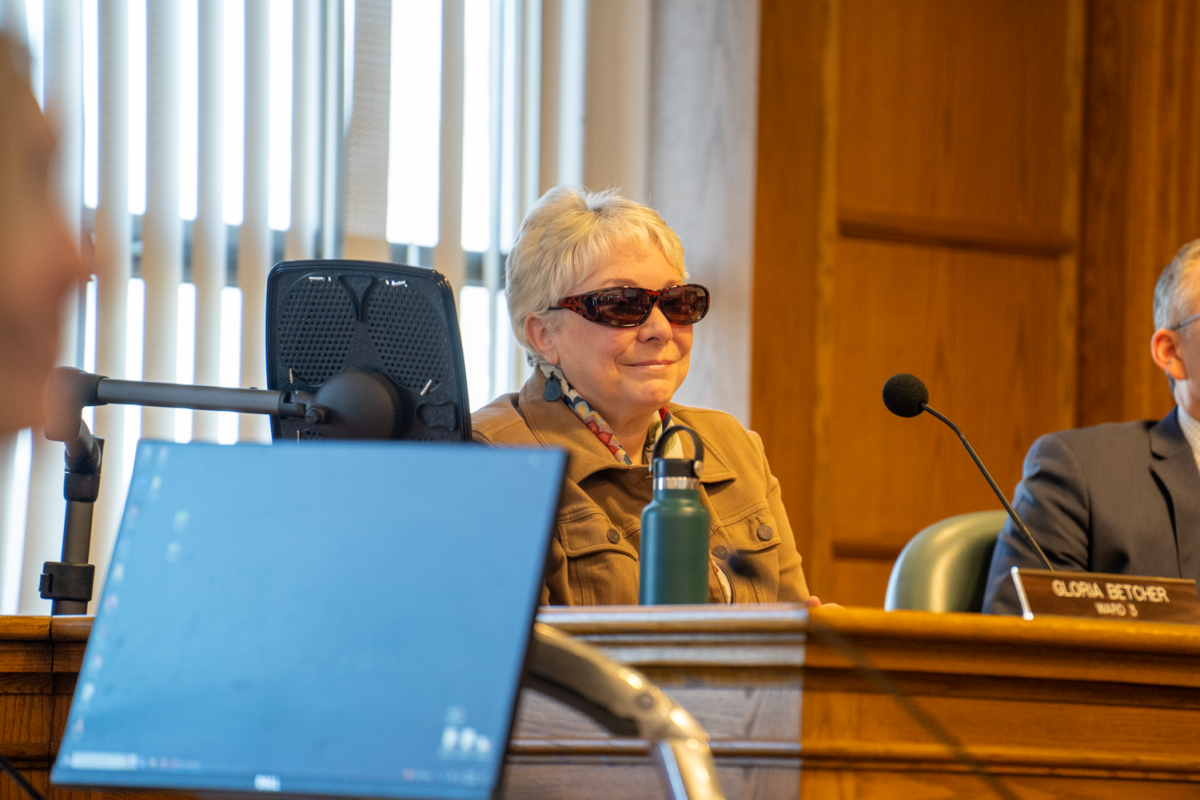A half-century in outer space
October 4, 2007
Fifty years ago, the Soviet Union launched a small, basketball-sized satellite into space that would be a stepping stone into the 21st century.
Sputnik I, launched on Oct. 4, 1957, was a major leap forward in computer technology and space exploration.
The small, 184-pound unit, laughable by today’s standards, helped set in motion the Cold War competitions that led to modern innovations many people take for granted. Conveniences such as satellite radio, mobile phones, direct television and computers, among others, advanced through the work of these space programs.
“Sputnik greatly affected these last 50 years and how we live, and the current space programs we have will continue to affect and improve our lives,” said Bong Wie, professor of aerospace engineering and director of the Space Systems and Operations Lab.
“The programs we have will easily have a profound influence for the next 100 years. What if we didn’t have Sputnik and the subsequent Apollo space programs? So many advances in science, medicine and technology have been made because of it,” Wie said.
Because of the interest in studying the solar system, billions of dollars are spent to ensure the continuation of research and development.
In 2005, the Iowa Space Grant Consortium received a $1.9 million contract, running through 2010, from NASA to help fund the group’s aerospace research and outreach activities throughout the state.
Even though it has made a huge impact on the quality of life, how many people even know what Sputnik was or understand its ramifications?
“Sputnik is the best thing to come out of Russia since vodka,” said Justin Funk, senior in management information systems.
“So many good things have been created because of it. We have the international space station, XM Radio, Google Earth . and with so many satellites orbiting now, it’s a good first line of defense against invading space aliens. They’re going to have trouble getting through all our garbage floating around.”
Although many innovations have been derived from space travel and research, some people say too much focus is put on studying the stars when there are countless domestic issues that should be taken care of first.
“While I think space travel for exploration and knowledge about the universe is a good thing, the financial situation of this country does not allow for proper funding,” said Jason Funk, senior in computer engineering. “If scientists want to study space, there needs to be an international coalition that could help fund space travel.”
There are some people who are more skeptical of the launching of
Sputnik and the reasons the Soviet Union beat the United States to space.
“Well, there are conspiracy theories that say the U.S. let the Soviet Union launch Sputnik first to avoid [exacerbating] the Cold War, but I don’t know about that,” said Karl Jacobson, senior in economics.
Fringe groups such as the Flat Earth Society claim the media helped launch Sputnik into space in an attempt to shape the earth into a sphere to fulfill their own agenda.
No matter how odd some claims may seem, these groups still understand the existence of Sputnik.
However, there is an ever-growing number of people who have no idea about events that happened 50 years ago or the major players involved.
“Sputnik . is that a potato?” asked Emily Smith, sophomore in hotel, restaurant and institution management.
Even if Sputnik is becoming a forgotten remnant of the past, its impact on society’s quality of life is still noticeable. With so many advances in technology and research, it will be a long time before the results of space travel become obsolete.
“People must remember that this had a global impact, not just [on] the United States or Russia, but on the whole world,” Wie said. “We must pay attention to more than just what is going on in the United States, and we can see the benefits of past and present space programs.”
















